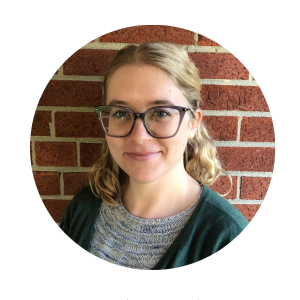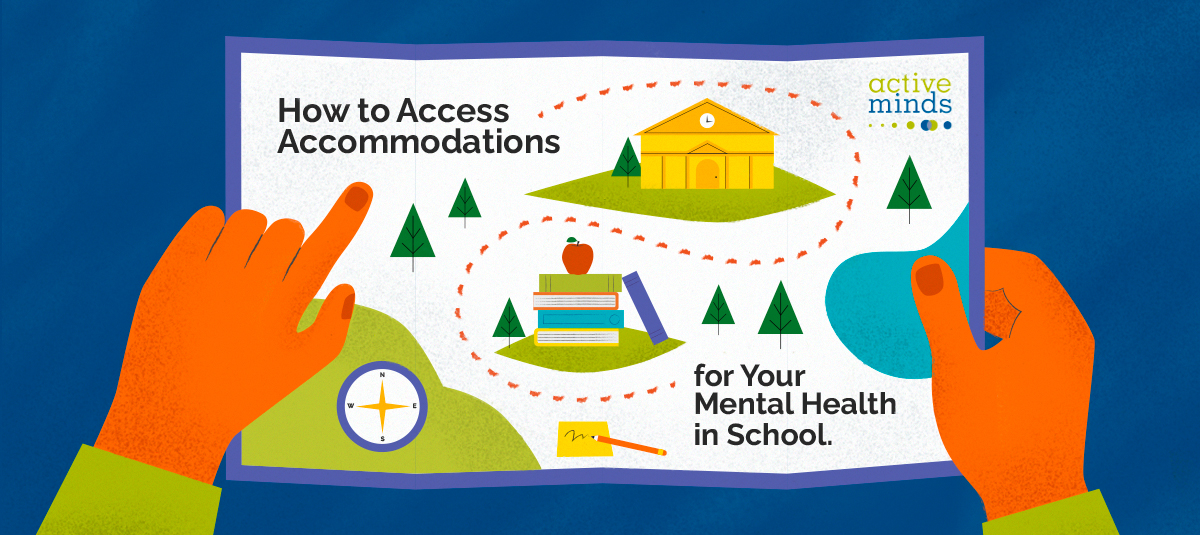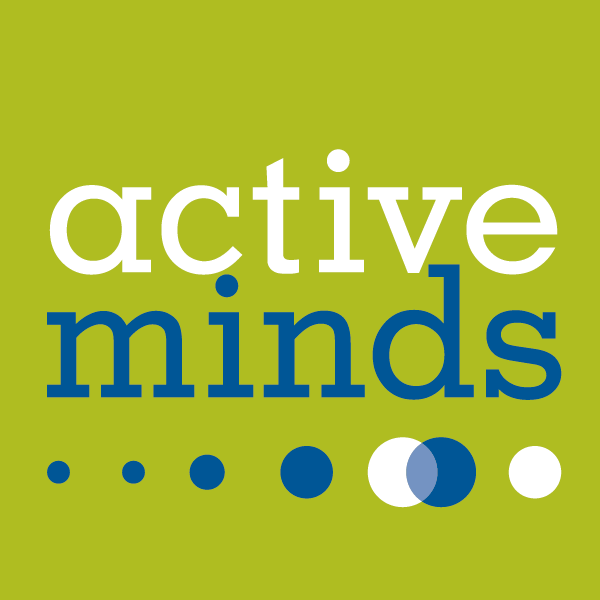Being a student is no joke. Between classes, activities, work, and social life, things get overwhelming fast. And if you also live with a mental health condition like anxiety, depression, or ADHD, it can feel impossible to keep up. But you’ve got this! Resources exist to support you — accommodations for students managing their mental health are available, and we’re here to share with you how to find and effectively utilize them.
Students with mental health conditions are eligible for academic accommodations per the Americans with Disabilities Act of 1990. This key legislation includes provisions to ensure equitable access to many spheres of American life for people with disabilities. This law requires schools to provide “reasonable accommodations” to students. This effort ensures equitable access to education for people of all abilities and those with medical or mental health conditions.
What accommodations can help? Accommodations are modifications that provide access without sacrificing grades or standards. These are always individualized and based on what you need. Some examples:
- More time for exams,
- Flexibility with attendance rules,
- Recording lectures as needed,
- Testing in a quiet space, and
- other adjustments that may support your individual needs.
Who’s eligible? If you have an ongoing mental health diagnosis that limits your daily life, you qualify! This includes:
- Major depression,
- Bipolar disorder,
- Anxiety disorders (GAD, social anxiety, OCD, PTSD),
- ADHD,
- Eating disorders,
- Schizophrenia, and
- many more — if you’re unsure, you can ask the support staff at your school.
How to get accommodations: Most schools have a disability services office that handles student accommodations. Hit them up to set up a meeting and talk about what you need. They’ll explain any forms or verification required. Then they’ll work with you to find reasonable accommodations personalized to your situation. Accommodations are often not applied retroactively, so it could be good to get ahead of the process if you think you’ll want to use them.
Is this confidential? Yes! Your instructors are only told about the accommodations, not your diagnosis. Disability services will keep the details private.
One more thing: Accommodations give you flexibility, and you can choose to use them or not for a given class, test, or other circumstance that comes up. It can be comforting to know that you have them set up and ready to use in case you need them.
 A note from Janie, Chapter Membership Manager: In my experience as an adjunct instructor and mental health educator, accommodations help students perform well and feel well. When I’m teaching a class, I’m always happy to talk through a student’s accommodations and find the flexibility that works for everyone. If there’s a resource available that will help ease your stress and do well in school, you deserve to access it!
A note from Janie, Chapter Membership Manager: In my experience as an adjunct instructor and mental health educator, accommodations help students perform well and feel well. When I’m teaching a class, I’m always happy to talk through a student’s accommodations and find the flexibility that works for everyone. If there’s a resource available that will help ease your stress and do well in school, you deserve to access it!
 A note from Randy, Policy Manager: We know there’s a stigma around asking for help and using disability services, and not everyone comfortably identifies with the disability label. But you have to do what’s best for you! Don’t let fear of labels or judgment stop you from getting support. You deserve access and flexibility. Trust your gut and lean on the disability office to guide the process. You’ve totally got this! And if you want to learn more about the work the Active Minds community is doing to ensure that everyone has access to the accommodations they need, visit our policy page and get involved.
A note from Randy, Policy Manager: We know there’s a stigma around asking for help and using disability services, and not everyone comfortably identifies with the disability label. But you have to do what’s best for you! Don’t let fear of labels or judgment stop you from getting support. You deserve access and flexibility. Trust your gut and lean on the disability office to guide the process. You’ve totally got this! And if you want to learn more about the work the Active Minds community is doing to ensure that everyone has access to the accommodations they need, visit our policy page and get involved.




